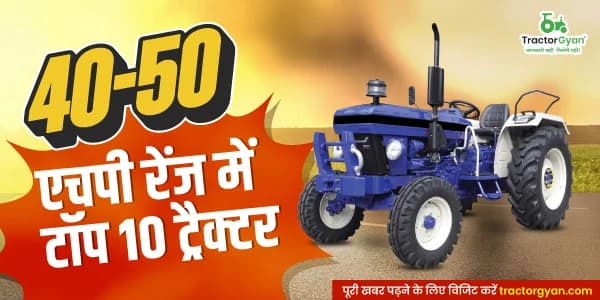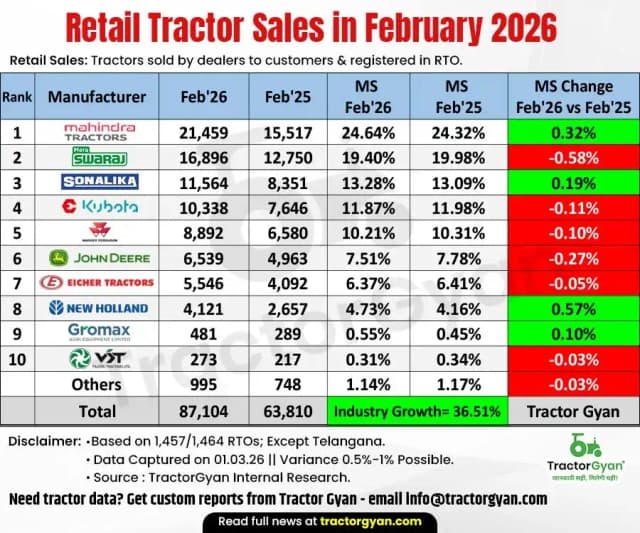Complete Guide to Tractor Clutch Types and Maintenance Tips for Buyers
Table of Content
In tractors, the Clutch is a vital part that links PTO (Power Take-Off) to the engine and gearbox. Knowing the several kinds of tractor clutches and their maintenance can help you extend the life of your tractor and increase efficiency, whether you are a new buyer or an experienced farmer wishing to upgrade. Let's discuss the various types of clutches based on different classifications.
Classification of Tractor Clutches Based on Operation
Single Clutch:

This simple clutch system runs one friction plate to control the PTO as well as the gearbox. It stops the tractor and implements at once. It is ideal for small-scale farming. The limitation of this clutch is that the PTO is limited while the clutch is pressed, therefore limiting operations. For example: the Mahindra 275 DI Eco tractor has a single clutch.
Dual Clutch:

The dual-clutch can operate two clutch plates (transmission clutch and PTO clutch) with a 2-stage longer pedal that is utilised twice during gear changes—once to move to neutral and once to the intended gear. It is designed for heavy-duty implements like rotavators, harvesters, etc., needing exact control. Benefits include less gear grinding, less fuel consumption and help to synchronise gear speed. John Deere 5050 D is one of the tractors using this clutch.
Double Clutch:

There are two clutch plates in this system—one for tractor movement and another for PTO operations. There is a hand lever called IPTO (Independent Power Take-Off) for handling the PTO clutch and a foot pedal for controlling the transmission. Double clutch, like the one used in New Holland 3630 TX Plus, is ideal for mid-sized to large-scale farms with several implement uses. PTO operates outside of the main gearbox and improves multitasking; hence, you can easily stop the implement without stopping the tractor.
Classification of Tractor Clutches Based on Material
Organic Clutch:

The organic clutch is made from a combination of resin, rubber, glass or fibre, and other organic substances. It is reasonably priced, heavily used, and fit for light to medium-duty activities. But it wears faster under heavy load or strong heat.
Cera-metallic Clutch:

It is made up of a material that is a blend of ceramic and metallic materials for great heat resistance and endurance. It deals with heavy-duty operations and high torque. Cera-metallic clutches are more expensive and might be aggressive on surfaces.
Wet Clutch:

A wet clutch is usually metallic or composite, but runs in an oil bath from the wet clutch material composition. It is continually maintained with oil to stop overheating. Less friction lowers wear and tear, greater initial expense, somewhat more complicated.
Tractor Clutch Maintenance Tips for Buyers
Effective maintenance helps to avoid unplanned failures and costly repairs. Use these ideas to maximise lifetime and performance:
- Avoid driving with your foot on the clutch pedal since it generates unwarranted friction and wear.
- Test the friction point and free play of the clutch pedal. A rapid change could point to wear or misalignment.
- Clear the region surrounding the clutch assembly of dirt, crop debris, and oil leaks capable of system damage.
- Consult the manual for the tractor for particular clutch servicing intervals and oil recommendations, especially for wet clutches.
- See a qualified technician to prevent improper repairs for clutches.
Conclusion
Every farming chore does not call for an elaborate clutch system. For basic ploughing or hauling, a single or dry clutch would be plenty. Dual or wet clutches help most when multitasking. Knowing these different types of clutches facilitates educated tractor purchases.
Why Tractor Gyan?
At Tractor Gyan, we provide the most accurate, useful, and current tractor knowledge. From analysing tractor models to knowing important components like clutches, our system is your one-stop shop for wise farming choices. Tractor Gyan is the name you can rely on whether you're maintaining an old tractor or making your first purchase.
Category
Read More Blogs
Significantly towards sustainable production, Swaraj Tractors, a Mahindra Group company, has partnered strategically with Mahindra Susten, the Group's clean-tech arm. Comprising a 26 MW solar energy plant in the Bathinda area, they are building Punjab's biggest captive solar group project. This project...
आज के आधुनिक कृषि युग में ट्रैक्टर किसानों का सबसे भरोसेमंद साथी बन चुका है। जैसे-जैसे टेक्नोलॉजी बढ़ रही है, वैसे-वैसे ट्रैक्टरों में भी नए-नए फीचर्स आने लगे हैं। इन्हीं में से एक फीचर है फोर व्हील ड्राइव (4डब्ल्यूडी)।
इसे देखकर कई किसान...
The Express Awards for Women Entrepreneurs 2025 in Mumbai honored 13 inspiring women across diverse sectors. Among these, Mrs. Mallika Srinivasan, Chairman and Managing Director of Tractors and Farm Equipment Limited (TAFE), received the Lifetime Achievement Award.
Shrinivasan's Opinion About the Award
While...
Write Your Comment About Complete Guide to Tractor Clutch Types and Maintenance Tips for Buyers
.webp&w=1920&q=75)
Top searching blogs about Tractors and Agriculture
07 Jan 2026
18 Dec 2025
29 Jul 2025
08 Sep 2025
03 Jul 2025
30 Jul 2025
30 Jul 2025
30 Jul 2025
29 Jul 2025
30 Jul 2025
09 Feb 2026
31 Jul 2025
18 Dec 2025
26 Dec 2025







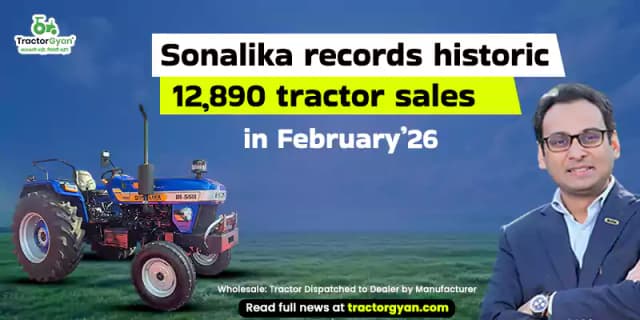
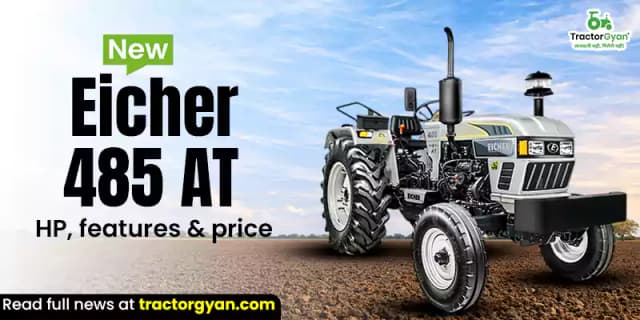
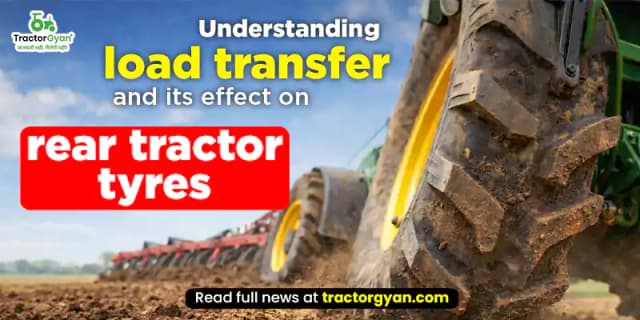



.webp&w=2048&q=75)
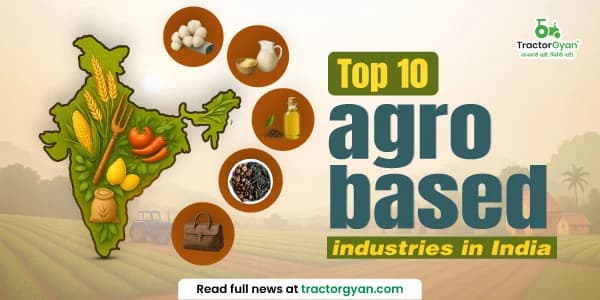
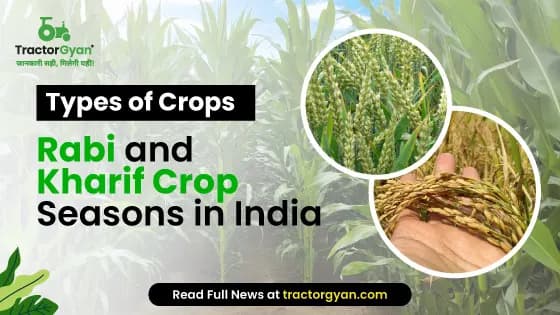
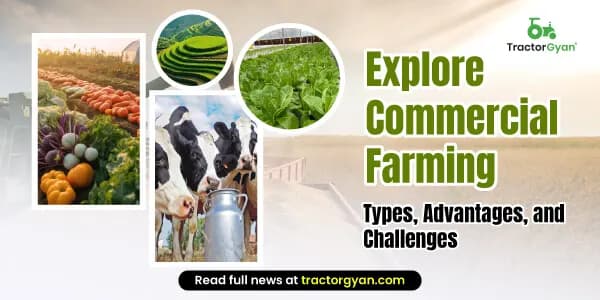

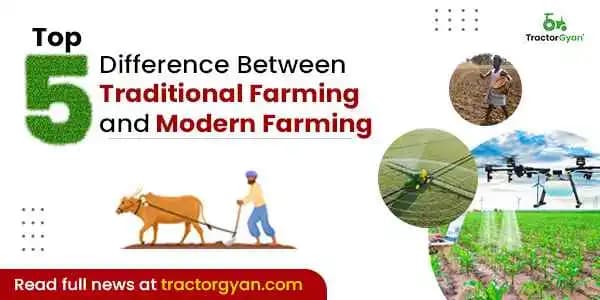
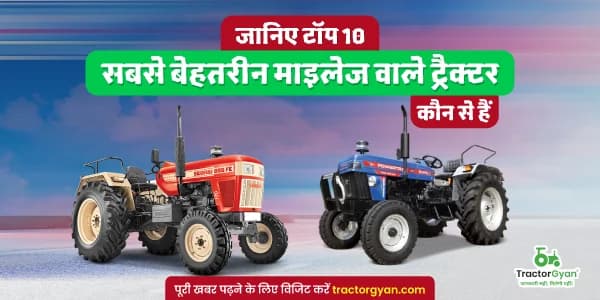
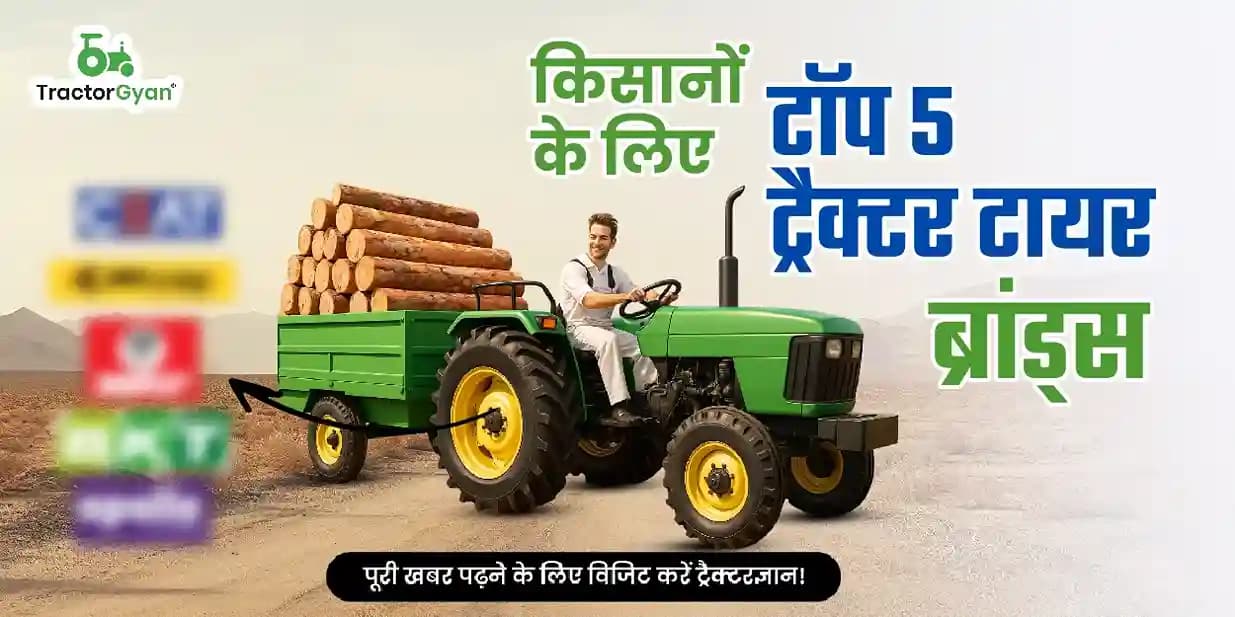

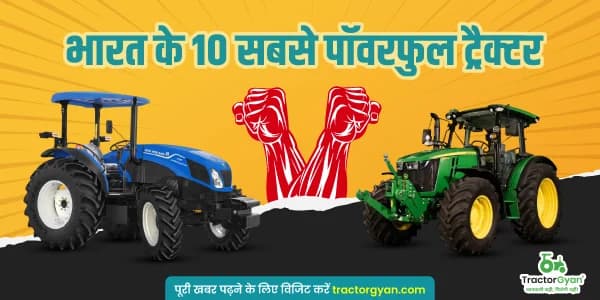
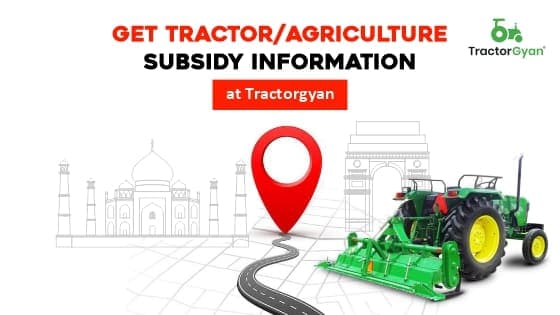
.webp&w=2048&q=75)
.webp&w=2048&q=75)
